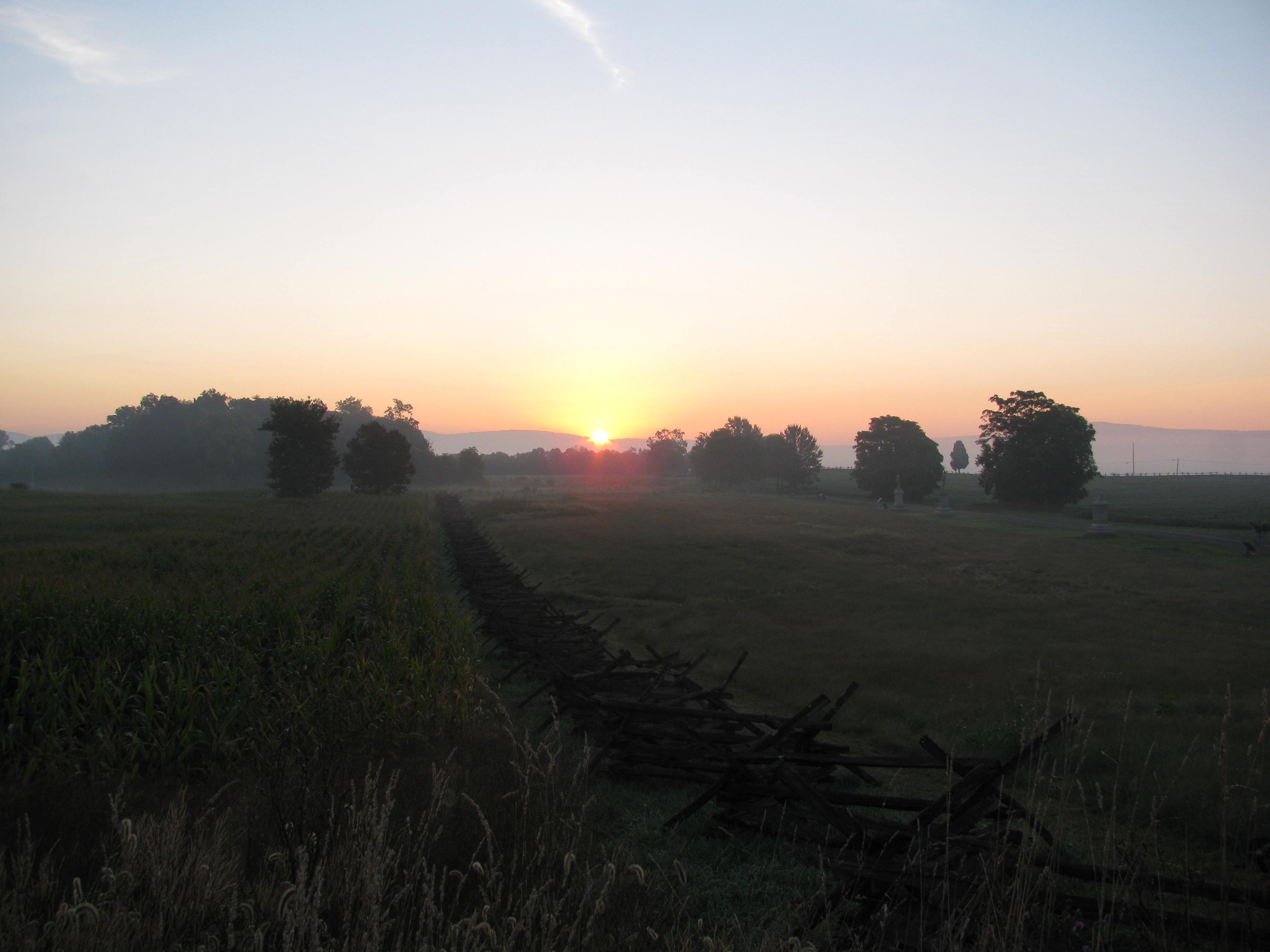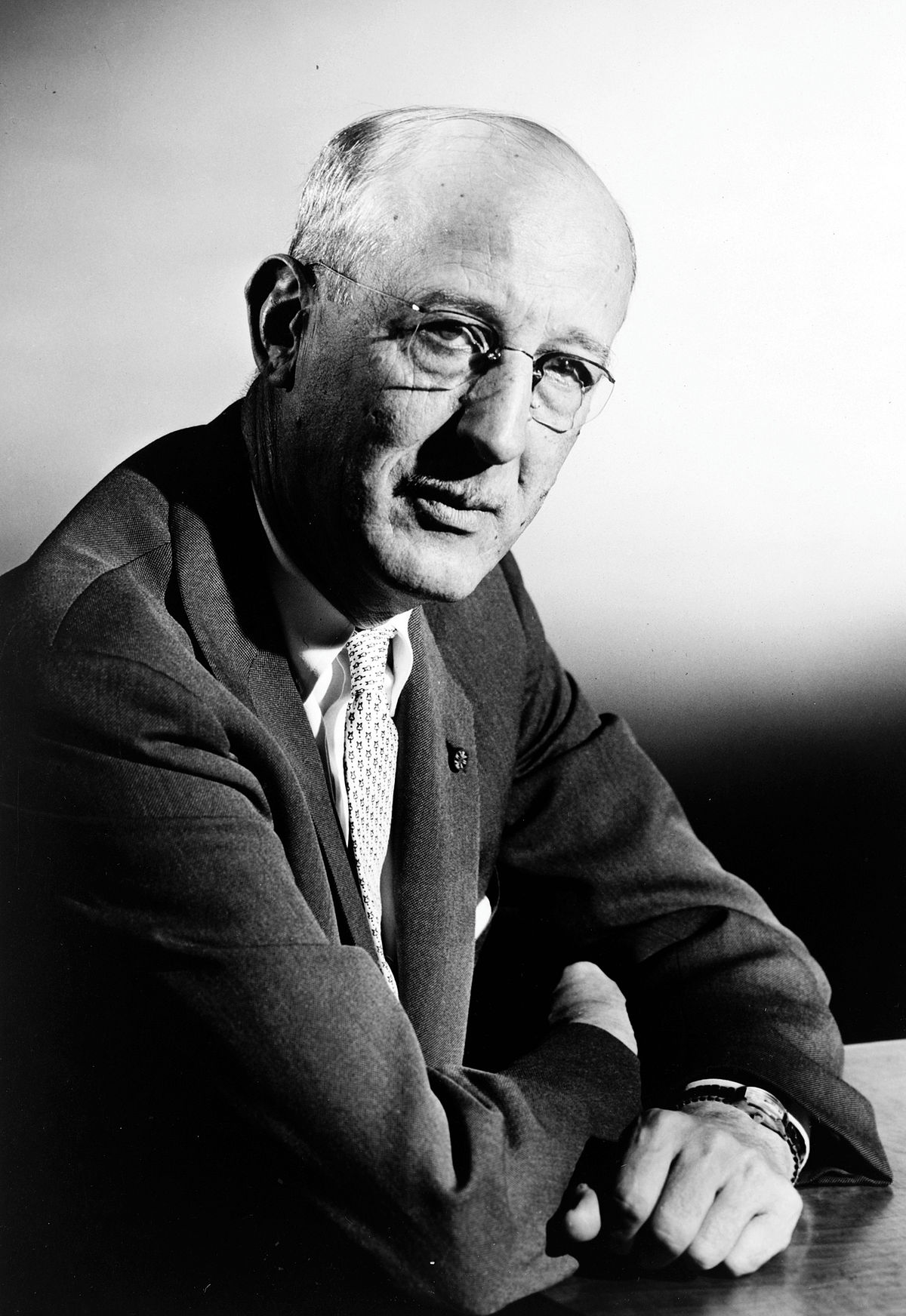September 16, 1862: The Night Of No Return

Civil War soldiers vividly remembered, and recalled, certain days of their military careers, both the highs and lows, the good ones and the bad ones. For those soldier participants in the bloodiest single-day battle in American history, the September 17, 1862, fighting that engulfed the Antietam Valley was likely one of those days they never forgot, for better or worse. Indeed, how could anyone erase from their minds who witnessed it the carnage of the Cornfield, the bodies stacked one on top of another in the Bloody Lane, or the dead faces emptily staring back at them in the bloody fields south of Sharpsburg?
It is scenes like these that we choose to remember 155 years later. The slaughter and wreckage caused by nearly 100,000 Americans fighting for their country’s existence on Wednesday, September 17, 1862, has become engrained in Americans’ psyche when it comes to the Civil War. After that terrible day, our nation was never the same. Americans never viewed war the same. Alexander Gardner’s haunting photographs shattered any notions of a “civil” war. Of course, five days in the battle’s wake, Abraham Lincoln’s transformative Emancipation Proclamation ensured that the United States of 1860 was no more. Americans could only look to the uncertain future following September 17, 1862; the past was too far out of reach behind them.
While September 17 certainly became branded into the minds of anyone affected by that day, I look back to the day before–the night before, even–when that past did not seem so far away. Battlefields are incredible, inspiring places. But to stand on a silent Antietam battlefield, the shadows of monuments lengthened by the setting sun, on September 16 is thought-provoking, awe-inspiring, and peaceful. That evening in 1862, the first contact was made between the opposing armies, sending a clear signal to all of the next day’s grisly task. Portions of both armies lay within earshot of one another. Nervous pickets–trigger happy ones, too–clung to their arms. Any sudden noise prompted a “bang” from one picket, echoed by dozens of others, turning the still night into a nerve-wracking one.
The night of September 16 was the night of no return for this country. The idea of putting Humpty Dumpty (North and South) back together as if no break had occurred would be shattered the next sunup. I can only begin to imagine what that night must have been like as soldiers thought of their homes and their futures, all the while reminded of the here and the now by the popping noise of the pickets’ guns. Esteemed Civil War author Bruce Catton tried to put into words the intangibles of that night on the Antietam battlefield, a night that America has long overlooked, but one that those who lived through it could have scarcely forgotten.

There was a tension in the atmosphere for the whole army that night. Survivors wrote long afterward that there seemed to be something mysteriously ominous in the very air—stealthy, muffled tramp of marching men who could not be seen but were sensed dimly as moving shadows in the dark; outbursts of rifle fire up and down the invisible picket lines, with flames lighting the sky now and then when gunners in the advanced batteries opened fire; taut and nervous anxiety of those alert sentinels communicating itself through all the bivouacs, where men tried to sleep away the knowledge that the morrow would bring the biggest battle the army had ever had; a ceaseless, restless sense of movement, as if the army stirred blindly in its sleep, with the clop-clop of belated couriers riding down the inky dark lanes heard at intervals, sounding very lonely and far off…
How far they had marched, those soldiers—down the lanes and cross-lots over the cornfields to get into position, and from the distant corners of the country before that; they were marching, really, out of one era and into another, leaving much behind them, going ahead to much that they did not know about. For some of them there were just a few steps left: from the rumpled grass of a bed in a pasture down to a fence or a thicket where there would be an appointment with a flying bullet or shell fragment, the miraculous and infinitely complicated trajectory of the man meeting the flat, whining trajectory of the bullet without fail. And while they slept, the lazy, rainy breeze drifted through the East Wood and the West Wood and the cornfield, and riffled over the copings of the stone bridge to the south, touching them for the last time before dead men made them famous. The flags were all furled and the bugles stilled, and the hot metal of the guns on the ridges had cooled, and the army was asleep—tenting tonight on the old camp ground, with never a song to cheer because the voices that might sing it were all stilled on this most crowded and most lonely of fields. And whatever it may be that nerves men to die for a flag or a phrase or a man or an inexpressible dream was drowsing with them, ready to wake with the dawn.
His over reliance on memoirs, etc. can be criticized but “the dude could write”.
That’s stunning prose. I haven’t read Catton in decades but this little passage makes me want to again. I’ve had the opportunity to camp overnight at Antietam and this really hit home. Wow.
I Also have had the opportunity to lay on that battle field and it is a feeling one can not describe to any one who has not .
Thank you Kevin for bring this feeling back ,A Great and different view of the battle .of all battles One needs to have been a soldier to feel .
I stayed two nights in camp ground with boy scout troop. I will never ever forget it. And yes, that man could write!